
Beyond curry: Turmeric and inflammation
Inflammation is incredibly important and useful for our bodies. It activates the immune response and also has a role in repairing damage. Although short-term inflammation is beneficial, it can become a major problem when it becomes chronic and inappropriately triggers an attack on the body’s own tissues.
Scientists now believe that chronic, low-level inflammation plays a major role in almost every chronic, Western disease. This includes heart disease, cancer, metabolic syndrome, Alzheimer’s and various degenerative conditions.
Turmeric’s other benefits
The results from recent studies looking at the benefits of turmeric are encouraging:
- According to one of them, turmeric has been shown to help reduce the symptoms of skin conditions like psoriasis and eczema.
- Scientists have shown that curcumin in turmeric may also help fight depression. In fact, it proved as effective as the antidepressant drug prozac in alleviating symptoms of the condition.
- One animal study also found that rats who received turmeric extracts enriched with curcumin-like curcuminoids had preserved bone mass, whereas those who had a lower amount of added curcuminoids showed no such effect. So it may also reduce osteoporosis risk.
Curry, curcumin or standard drugs?
Therefore, including turmeric in your diet may be the key step for preventing and even treating these diseases. In fact, according to a past study, in the right dose, curcumin may be a more effective anti-inflammatory treatment than common inflammation-fighting medications such as ibuprofen and aspirin, without any major side effects.
Another study showed that in 45 people with rheumatoid arthritis, 500 mg of curcumin per day was more effective than the anti-inflammatory drug diclofenac.

Turmeric absorption: Peppered & fatty curry
Unfortunately, curcumin is poorly absorbed into the bloodstream. It helps to consume black pepper with it, which contains piperine, a natural substance that enhances the absorption of curcumin by 2,000%.
Curcumin is also fat soluble, so it may be a good idea to take it with a fatty meal. When eaten with healthy fats like coconut oil, ghee or olive oil, curcumin in turmeric can be easily absorbed in the digestive tract and into the bloodstream.
The key takeaway is that curcumin is a bioactive substance that fights inflammation at the molecular level and various degenerative processes in your brain and it stimulates your body’s own antioxidant enzymes. Keep that in mind when you’ll enjoy your next Indian chicken curry! Or even better, try one of our turmeric containing smoothies: Adapto.. Gen & P.M.


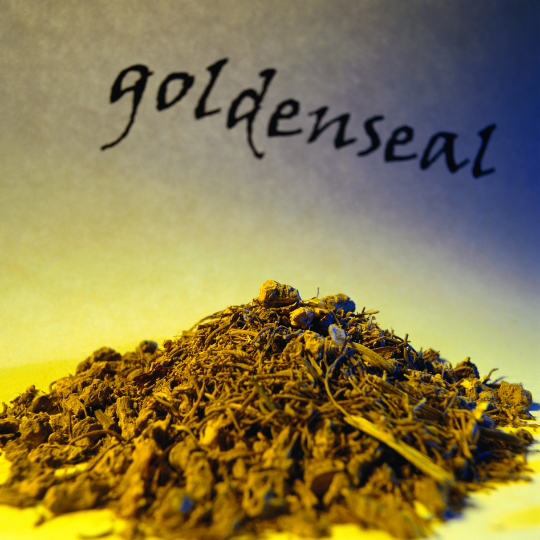


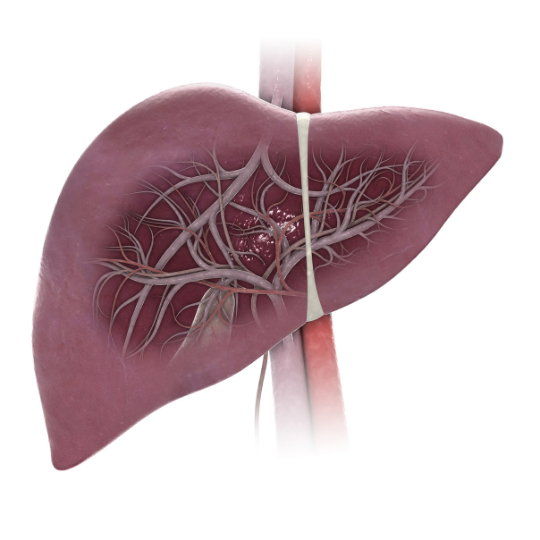
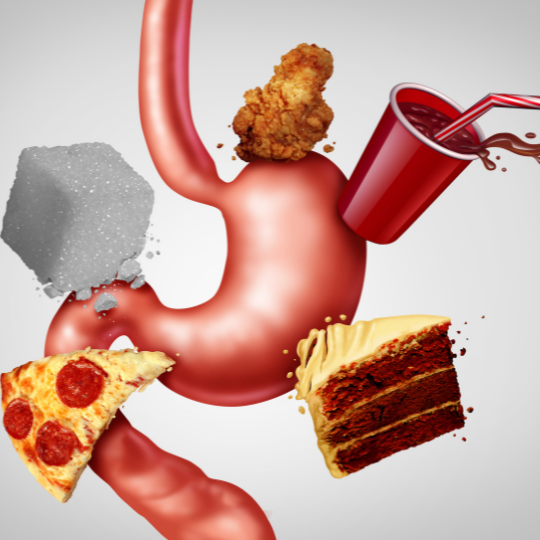
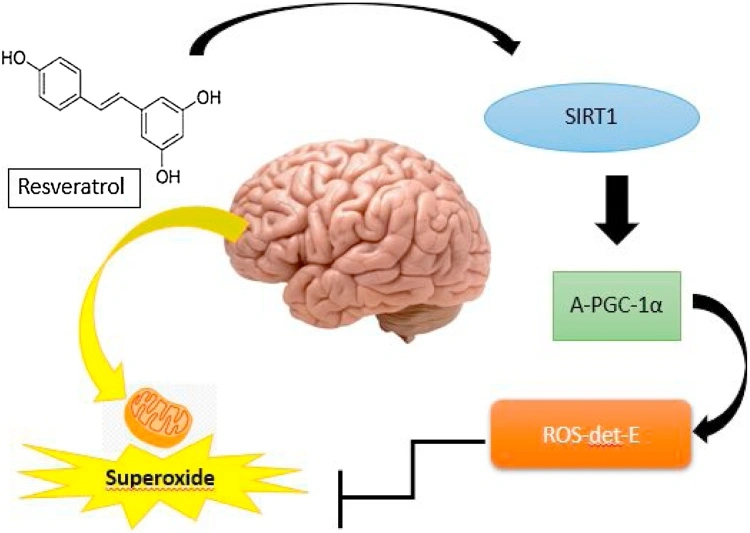





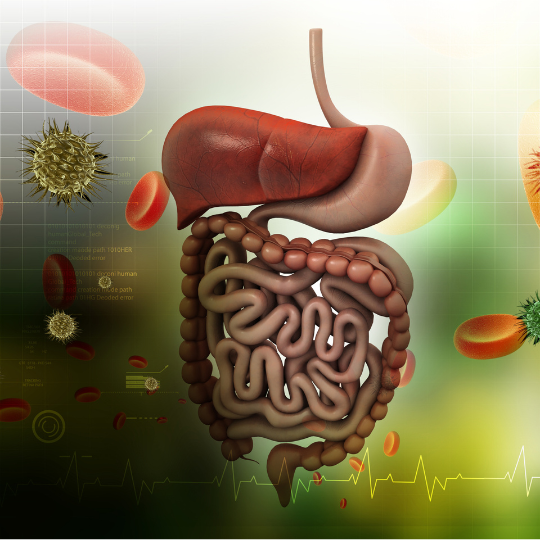
Comments are closed.